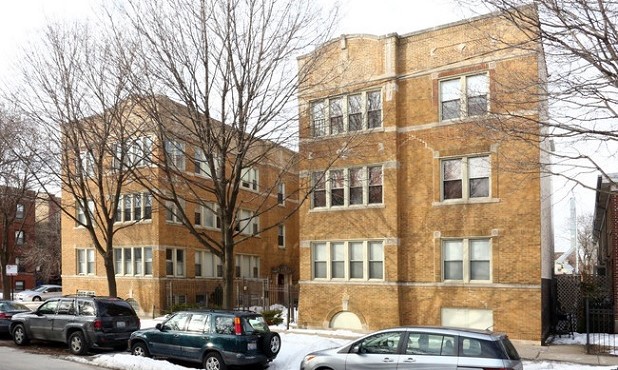
CHICAGO—During the last residential real estate boom, developers and owners across the Chicago metro area converted thousands of apartments into condo units. The crash exposed the fact that many of these projects were not really suitable as condos. And the recent apartment boom has made it possible to “de-convert” some projects back into rental units.
But the pendulum may swing back a bit in 2018, as state legislators seem likely to approve rules that will require a higher percentage of ownership votes in order to complete de-conversion plans.
“Condo de-conversion is a strange concept to many,” Sean Connelly, managing director, 33 Realty, tells GlobeSt.com. “But often times it's a great way to unlock additional value in the property and create a win-win for buyers and sellers.”
33 Realty, a Chicago based commercial real estate firm specializing in property management, investment, REO/lender services and construction services, has represented a number of condo boards in these de-conversion efforts.
Currently, for buildings with seven or more units, 75% of the owners need to approve a sale. The proposed legislation, already approved by the IL House of Representatives, would boost that to 85% in most cases, although the 75% threshold would remain if fewer than 25% of the units are owner occupied.
Soaring construction prices and high land costs has made the de-conversion route very attractive to developers, who can use it create dozens or even hundreds of new rental units without breaking ground on a new project.
“A lot of condo boards are getting approached by potential buyers,” says Connelly. The 4700 N. Winchester Condominium Association, for example, was recently approached by a private investor that wanted to de-convert their 25-unit walk-up building located at 4700-4708 N. Winchester and 1944-1952 W. Leland in Chicago's Ravenswood neighborhood. 33 Realty represented the association, and helped it estimate the building's value, along with the value of each unit.
“Initially, we did not get enough votes from the owners, which is not unusual for these deals,” says Connelly. But the firm also marketed the property, bringing new potential buyers to the table, and kept talking to those reluctant to sell their homes. After several more votes, it eventually secured the numbers needed for a $6.4 million sale.
“A lot of this is just communication,” he adds. Owners of these units often need a lot of assurance that they are getting a fair deal. This is easier with condos that are far more valuable as apartments. “There are some buildings that should never have been converted.” Those with studios or one-bedrooms, or units with just one bathroom, as well as little or no parking, are more likely to have more value after de-conversion.
De-converting 4700 N. Winchester made sense because it “was an excellent opportunity to own a turn key property in an A+ location,” Connelly says. “It's very hard to find a 25-unit courtyard apartment building for sale.” The building did need some work. Recent improvements to the property include updated plumbing and electric in all units; updated kitchens with granite and stainless appliances; and updated bathrooms. Hardwood floors and washer and dyers were also installed in all units.
The possible de-conversions that are more likely to be threatened by the new legislation are the ones where the difference in value is not as great. Units with several bedrooms or bathrooms, and at least adequate parking are in a gray area, where it takes a lot more work to complete these sales.
“We've had deals that have gone through with 100% of the vote, and we've had those that got through by the skin of their teeth,” Connelly says. Increasing the threshold by 10 percentage points “could be a large hump to get over.”
© Touchpoint Markets, All Rights Reserved. Request academic re-use from www.copyright.com. All other uses, submit a request to [email protected]. For more inforrmation visit Asset & Logo Licensing.







